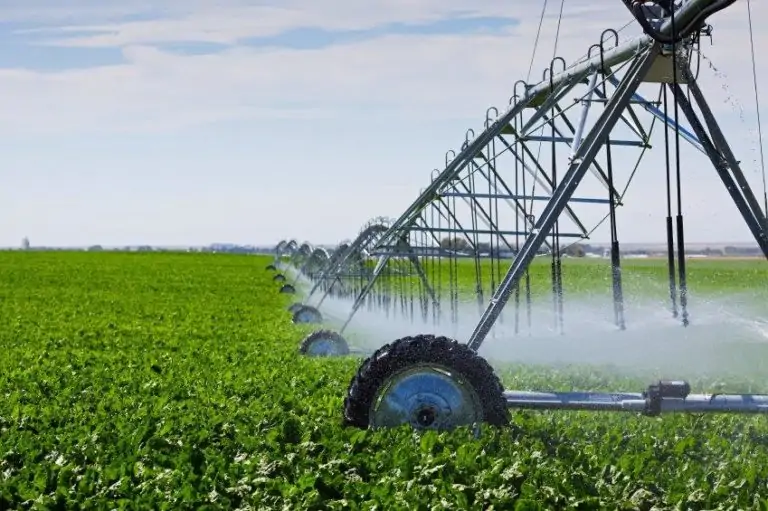The Agri-food value chain offers a growing number of attractive investment opportunities, driven by some compelling global trends. Since 2005 the number of funds operating in the sector has exploded by over 1000%, managing over $70 Billion in aggregate ….
Key Trends
Over the last decade, the share of private sector investment in food and agribusiness has grown relative to public sector investment. In 2010, 62% of assets under management (AuM) were represented by public strategies, while in 2017 this has fallen to only 11%.
Agriculture has a huge responsibility to feed the growing global population, however the task is challenging due to depleting resources and limited area of productive or arable land. In line with the challenges faced by investors, some key trends are emerging, including:
- Continued growth across farmland investments and private equity;
- Increasing prominence of venture capital and private debt investment;
- A surge in innovation driven investment decisions; and
- More focus on value-add endeavours.
Major aspects driving these trends include:
- Growth in demand for food; and
- Increasingly urgent need to produce more efficiently and sustainably.
Historically, public investment funds prevailed due to the risky nature of agri-food investment, however a shift from public strategies to private strategies is apparent.
There is a growing prevalence of private equity funds, as well as niche investments such as venture capital in ag-tech and even private debt. These trends signal an evolving shift towards more innovative and value-add investment strategies.
Expert agri-food insights
The agri-food sector is witnessing a remarkable surge in private equity, venture capital, and private debt, reflecting a broader move towards innovative and value-add investment strategies. At Farrelly Mitchell, we provide strategic advice to ambitious food and agribusiness investors that is aligned with evolving market, consumer, and regulatory preferences, preparing our clients to meet the demands of a growing global population within the constraints of limited natural resources.
We offer comprehensive due diligence, feasibility & financial modelling, value creation & implementation, and much more. With the help of our commercial and technical specialists, you can confidently navigate major investments, mergers & acquisitions, and market entry & development, ensuring long term prosperity for your business. Get in touch today to learn more.











